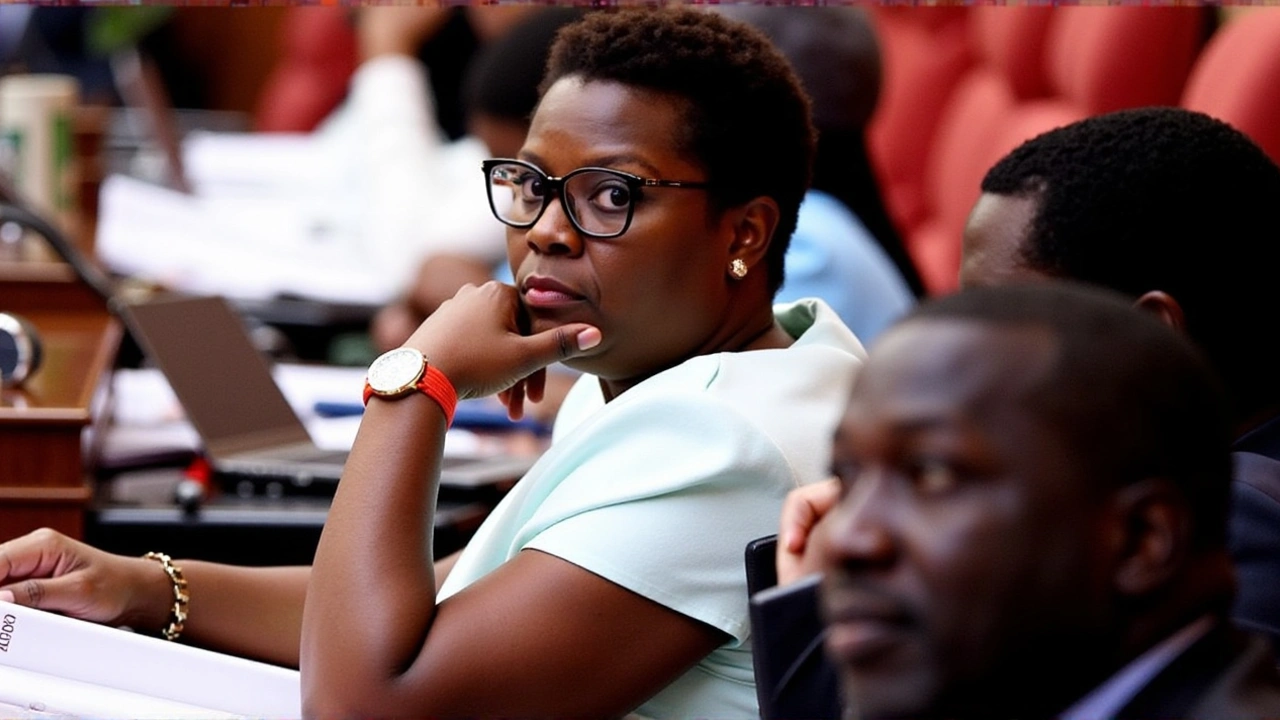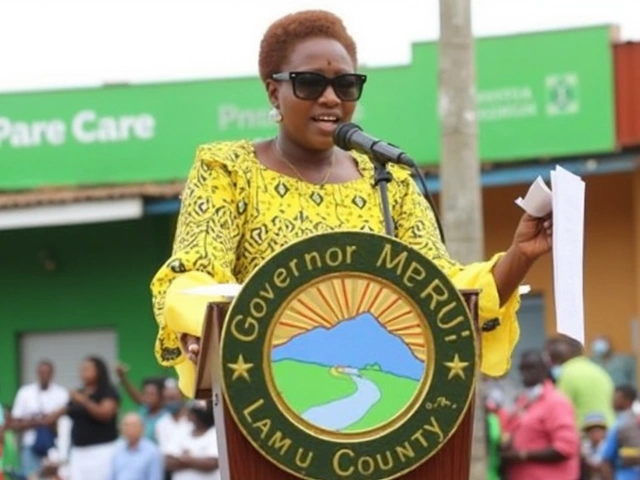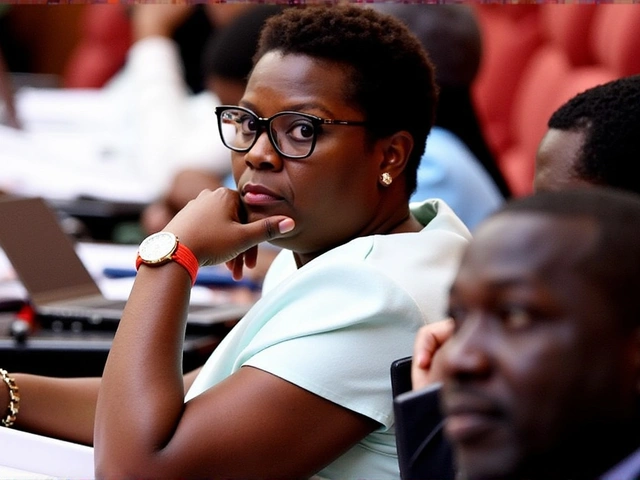Senate's Crucial Decision-Making in Governor Mwangaza's Impeachment Trial
As Meru Governor Kawira Mwangaza faces another impeachment saga, the political landscape in Kenya is abuzz with speculation and expectations. This development marks the third impeachment attempt against Mwangaza in just two years, making it a high-stakes game for both her and her political future. With an impeachment motion supported by 40 out of 69 members of the Meru County Assembly, the Senate is set to reconvene for a special sitting on August 14, 2024, to deliberate the charges laid against her.
Political Background and Charges
Governor Mwangaza is facing serious allegations that include abuse of office, gross misconduct, and gross violation of the Constitution and other laws. Among these allegations are charges of illegally revoking the appointment of Virginia Miriti as Secretary of the Meru County Public Service Board and failing to appoint necessary board chairpersons. The accusations extend to refusing to implement assembly recommendations and making false public statements. Moreover, she is alleged to have irregularly paid allowances to medical officers.
The detailed and severe nature of these charges has drawn considerable attention from political experts and the general public. Given that this is her third impeachment trial, the stakes are incredibly high for Mwangaza, and the Senate's impending decision could have far-reaching implications.
Senate's Options
The Senate, led by Speaker Amason Kingi, has two primary options for handling the impeachment process. The first option is to form a select committee of 11 senators to investigate the charges in detail. This approach would allow for a more concentrated examination of the evidence and witness testimonies. The second option is to try Mwangaza through the whole House, known as the plenary. This method would put the decision-making power in the hands of all senators, potentially leading to a more democratic but also more politicized outcome.
Both options have their pros and cons. A select committee might operate more efficiently and with less political bias, but it could also face criticism for being less transparent. On the other hand, a plenary session would ensure that all senators have a say, but it could result in a lengthy and potentially divisive process.
Political Implications
The outcome of this trial will not only determine Mwangaza's future but also set a precedent for political accountability in Kenya. If the Senate finds her guilty of the charges, Mwangaza will be removed from office, marking a significant turning point in Meru’s political landscape. Conversely, if she is cleared of the charges, it could embolden her position and potentially weaken the standing of the Meru County Assembly members who pushed for her impeachment.
Political analysts argue that this trial is a litmus test for Kenya's democratic institutions. The frequent recurrence of impeachment motions against Mwangaza suggests a deeper underlying issue within Meru County's political framework. Whether these issues stem from genuine misconduct or political vendettas remains a matter of debate.
Public Sentiment
The public's reaction to this ongoing saga has been mixed. Some constituents believe that the constant impeachment attempts are a distraction from the real governance issues facing Meru County. They argue that time and resources spent on these trials could be better used to address pressing public needs like healthcare, education, and infrastructure. Others support the impeachment efforts, viewing them as necessary checks on gubernatorial power and accountability.
Mwangaza's supporters argue that she has been unfairly targeted by political opponents who are threatened by her leadership and reforms. They cite her previous acquittals as evidence of a politically motivated campaign against her. However, her detractors insist that the charges are serious and warrant thorough investigation and accountability.
Future Prospects
Regardless of the outcome, the impeachment trial of Governor Kawira Mwangaza will have lasting impacts on both her political career and Meru County's governance. If she is removed from office, the county will face the challenge of electing a new governor who can unite the region and restore stability. On the other hand, if she remains in office, Mwangaza will need to navigate the turbulent political waters and work towards rebuilding trust with both the assembly and her constituents.
As the Senate prepares for its special sitting, all eyes will be on the proceedings. The decisions made in that chamber will not only affect Meru County but could also influence the broader political climate in Kenya. The concept of gubernatorial accountability, the balance of power between different levels of government, and the role of political maneuvering in democratic processes are all being tested in this high-profile case.
Meru's political future hangs in the balance as the Senate gears up for this pivotal session. The outcome will serve as a crucial indicator of how political conflicts and allegations of misconduct are managed within Kenya's democratic framework. Until the special sitting convenes, speculation and anticipation will continue to dominate the political discourse.



